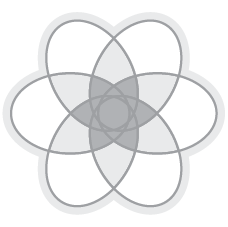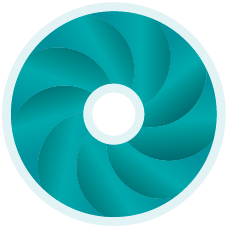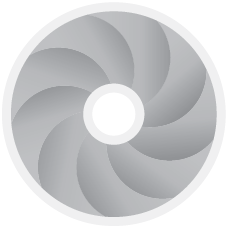Entrustable Professional Activities (EPAs)
An Entrustable Professional Activity (EPA) is a unit of professional practice, defined as a task or responsibility that a trainee is entrusted to perform unsupervised once he/she has attained sufficient competence in the activity. EPAs are context-dependent, which means that EPAs should be taught and applied in common medical situations and conditions (see SSPs chapter) for patients of any age. It is expected that the student will at least be able to perform the described tasks with on-demand supervision.
This chapter has been developed using a concept introduced some years ago, and referred to as Entrustable Professional Activities (EPAs). This concept will be integrated progressively into the curriculum of undergraduate studies in all Swiss medical faculties. The EPAs framework builds on the orientation of most current undergraduate curricula towards the acquisition of skills and competences, an orientation defined as outcome-based medical education .
Even though junior residents may still need direct supervision, there are specific situations they have to deal with and tasks that they must perform at least under distant, on-demand supervision on the first day of their residency. Entrustable Professional Activities (EPAs) and CanMEDS roles (Chapter 1) are highly interconnected, as explained and illustrated in the introduction and shown in the table below. As a consequence, all of the EPAs in this chapter refer to a varying extent to some of the CanMEDS roles. In this chapter, these roles are marked in blue as cross references to the content of the EPAs.
The following selection of items has been adapted from the guide developed by the Drafting Panel of the American Association of Medical Colleges (AAMC) . We are grateful to the AAMC for allowing us to use their document.





